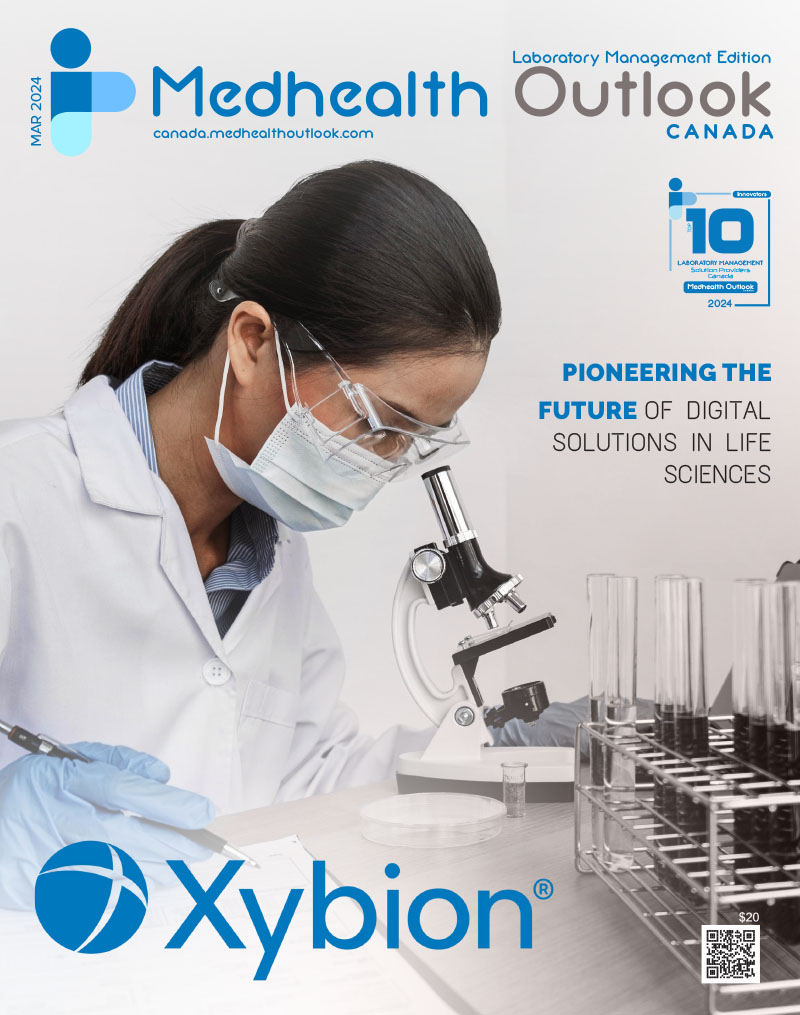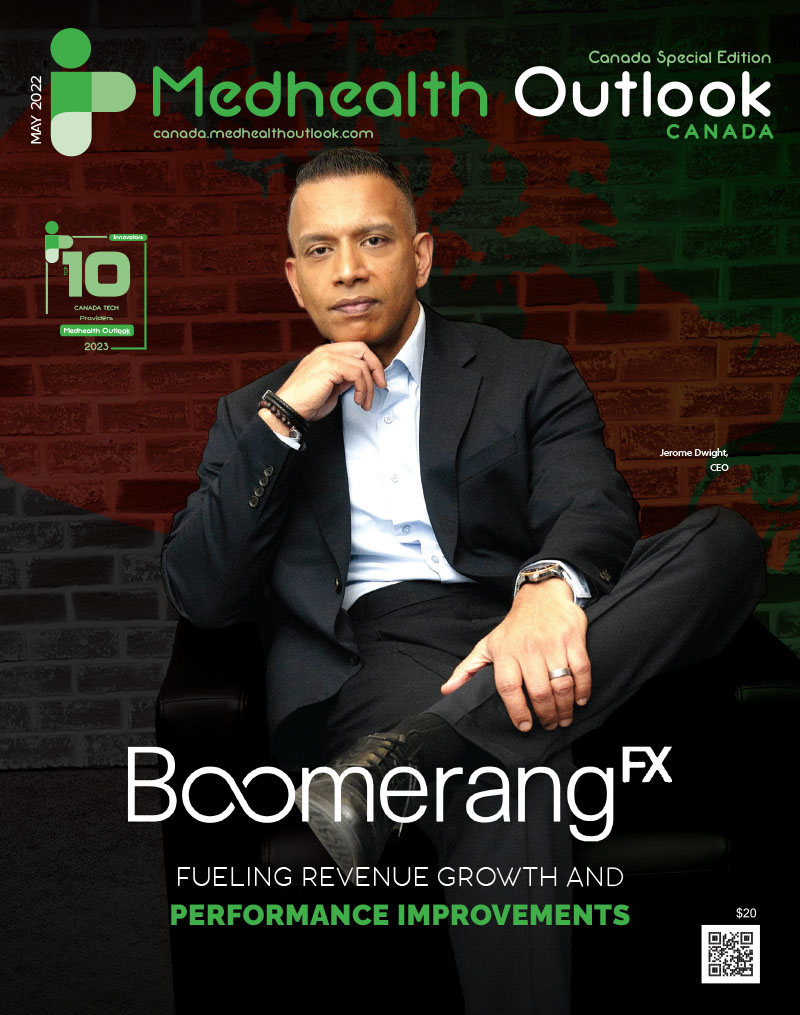Skin Analytics - AI for Skin Cancer Detection
Humanity as a whole is quite concerned about skin cancer, and its fatality rate is rising dramatically right now. Skin Analytics, a research-driven business, was established in 2012 to assist more individuals in surviving skin cancer. It’s a young business that uses cutting-edge image algorithms to find skin cancer. They collaborate with eminent Cambridge University academics, medical researchers, and skilled dermatologists to create revolutionary cloud-based technologies to aid in the early diagnosis of melanoma. Since April 2020, Skin Analytics has offered teledermatology services, including their AI-supported teledermatology service. To make sure that the services and DERM have true clinical usefulness, Skin Analytics has invested a lot of time working with primary care doctors, dermatologists, hospital providers, and eminent academics. In collaboration with the NHS, Skin Analytics offers dermatological solutions powered by AI.
The most typical malignant, pre-malignant, and benign skin lesions are recognized by Deep Ensemble for the Recognition of Malignancy (DERM), a machine-learning algorithm created by Skin Analytics. Among the common skin malignancies, melanoma is the most deadly. Almost all of the current methods for identifying skin cancer in people follow a similar strategy: they retrain an already-trained neural network using data on skin lesions. These “pre-trained” neural networks, such as the ResNet from Microsoft Research and the Inception network from Google, are made to carry out quite varied tasks, including extensive image identification (classification of 1000s of image categories, such as cats, dogs, and lampposts). A solution of this kind results in a respectable performance for an initial proof-of-concept. “At Skin Analytics we’ve taken a different approach, designing all aspects of our machine learning architecture from the ground up for the specific problem we are trying to solve. This includes specifically tailored machine learning architectures, training methodology, and data augmentation for detection of skin cancer.”
Research is the cornerstone of all they do at Skin Analytics. Top machine learning research teams from the universities of Oxford, Cambridge, Bristol, and Imperial College London have been collaborating with them since the beginning. Since then, Skin Analytics has confirmed the clinical efficacy of DERM in observational articles and prospective research. Although they have already conducted some ground-breaking research, Skin Analytics is still working to gather pertinent data that will support the usage of AI in medical procedures. They have collaborated with diverse stakeholders, including doctors from every stage of the skin cancer pathway who are internationally renowned health economics specialists. Their Clinical Advisory Committee, which aids in directing the next round of research and services, was formed as a result of some of these connections being established.
Bupa may now use a new remote skin examination service from Skin Analytics. To give consumers who are concerned about a mole or skin lesion access to a new remote skin evaluation service, Bupa has partnered with us. Customers will get a customized kit in the mail the next business day that comprises a smartphone and a dermoscopic (magnifying) lens for taking high-resolution pictures of moles or lesions. A dermatologist will evaluate a consumer when they upload the photographs to the phone app and analyze their medical history. If there is nothing to worry about, they will receive a report and be at ease within 24 hours, which is significantly quicker than the typical time it takes to schedule an in-person consultation. An adviser gets in touch with the consumer to discuss the next steps if more research is required. Bupa will then assist in setting up a subsequent referral to a specialist. At Skin Analytics, they’ve adopted a different strategy, building every component of the machine-learning architecture specifically for the issue at hand. To detect skin cancer, this comprises specially designed machine learning architectures, training procedures, and data augmentation. Skin Analytics’ distinctive AI technology, DERM, aids doctors in the evaluation of skin lesions. These range from benign lesions, where patients can be released or referred for additional monitoring, to malignant and pre-malignant lesions that can be treated if detected early enough. Local dermatologists can analyze recommended cases remotely using the Skin Analytics system, which gives them the ability to send patients to the most appropriate diagnostic or therapeutic approach.





